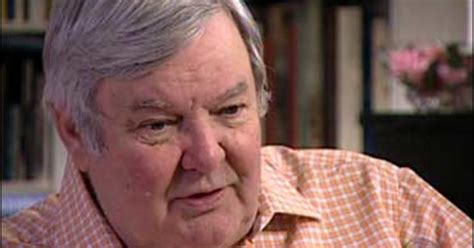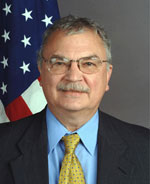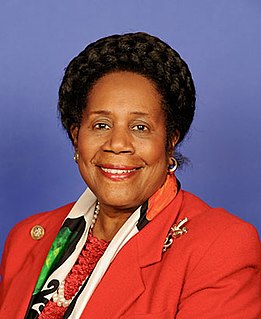A Quote by R. W. Apple
Could Afghanistan become another Vietnam? Is the United States facing another stalemate on the other side of the world? Premature the questions may be, three weeks after the fighting began. Unreasonable they are not, given the scars scoured into the national psyche by defeat in Southeast Asia. For all the differences between the two conflicts, and there are many, echoes of Vietnam are unavoidable.
Quote Topics
Afghanistan
After
Another
Asia
Become
Began
Between
Conflicts
Could
Defeat
Differences
East Asia
Echoes
Facing
Fighting
Given
Many
May
National
Other
Premature
Psyche
Questions
Scars
Side
Southeast
Southeast Asia
Stalemate
States
Three
Two
Unavoidable
United
United States
Unreasonable
Vietnam
Weeks
World
Related Quotes
Wars always evolve over time, don't they? Iraq/Afghanistan is different than Vietnam, and Vietnam was different than Korea, and Korea was different than World War One, and so on. Some things remain the same, of course - one side fighting another over ideology or a patch of ground - but there are some aspects of combat life which differ radically than their predecessors.
Every book that comes out, every article that comes out, talks about how - while it may have been a "mistake" or an "unwise effort" - the United States was defending South Vietnam from North Vietnamese aggression. And they portray those who opposed the war as apologists for North Vietnam. That's standard to say. The purpose is obvious: to obscure the fact that the United States did attack South Vietnam and the major war was fought against South Vietnam.
Most of us who were opposed to the war, especially in the early '60's - the war we were opposed to was the war on South Vietnam which destroyed South Vietnam's rural society. The South was devastated. But now anyone who opposed this atrocity is regarded as having defended North Vietnam. And that's part of the effort to present the war as if it were a war between South Vietnam and North Vietnam with the United States helping the South. Of course it's fabrication. But it's "official truth" now.
World War II is smothered in sentimentality and nostalgia. What's interesting about Vietnam is that sentimentality is just not there, so you're given kind of a clean access to it in one way. It's also a war that represents a failure for the United States. Many people came back feeling like they never wanted to talk about it again. And so we developed a national amnesia.





























